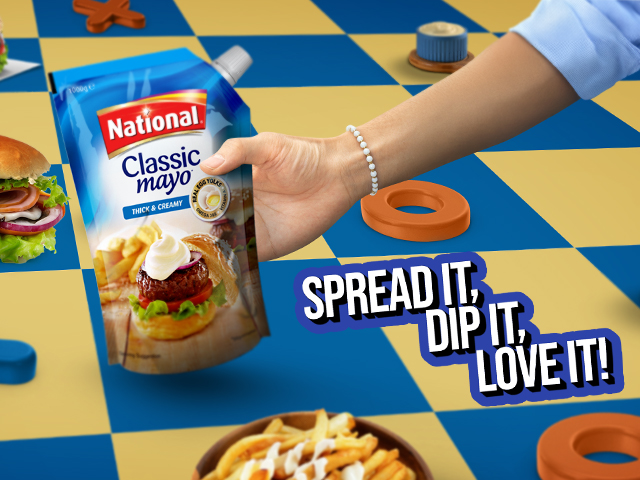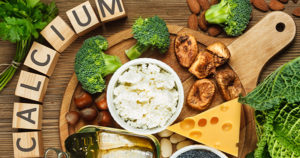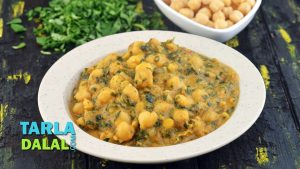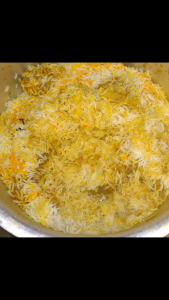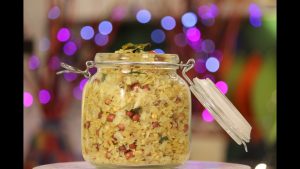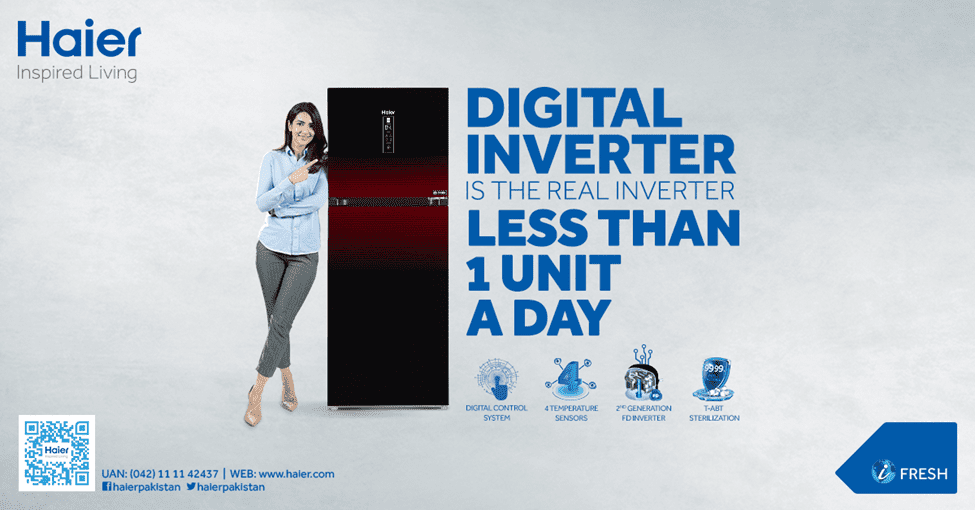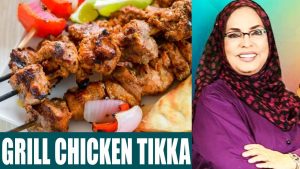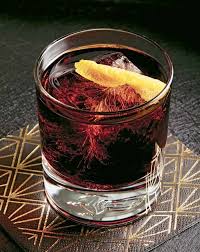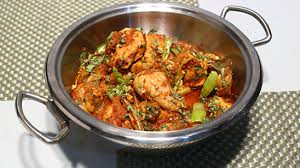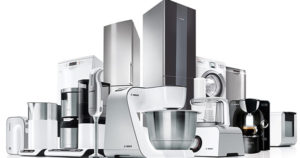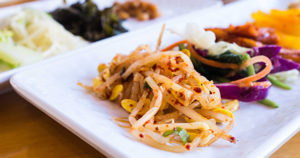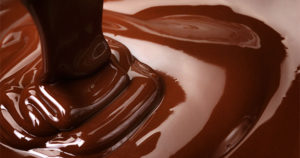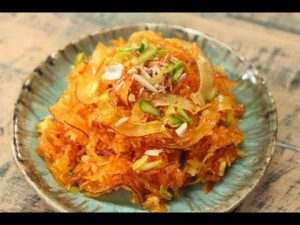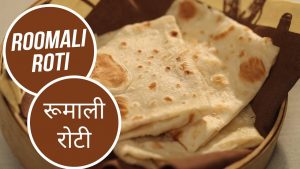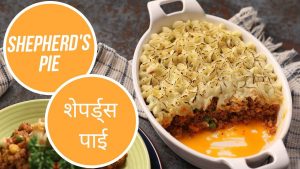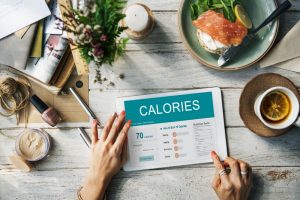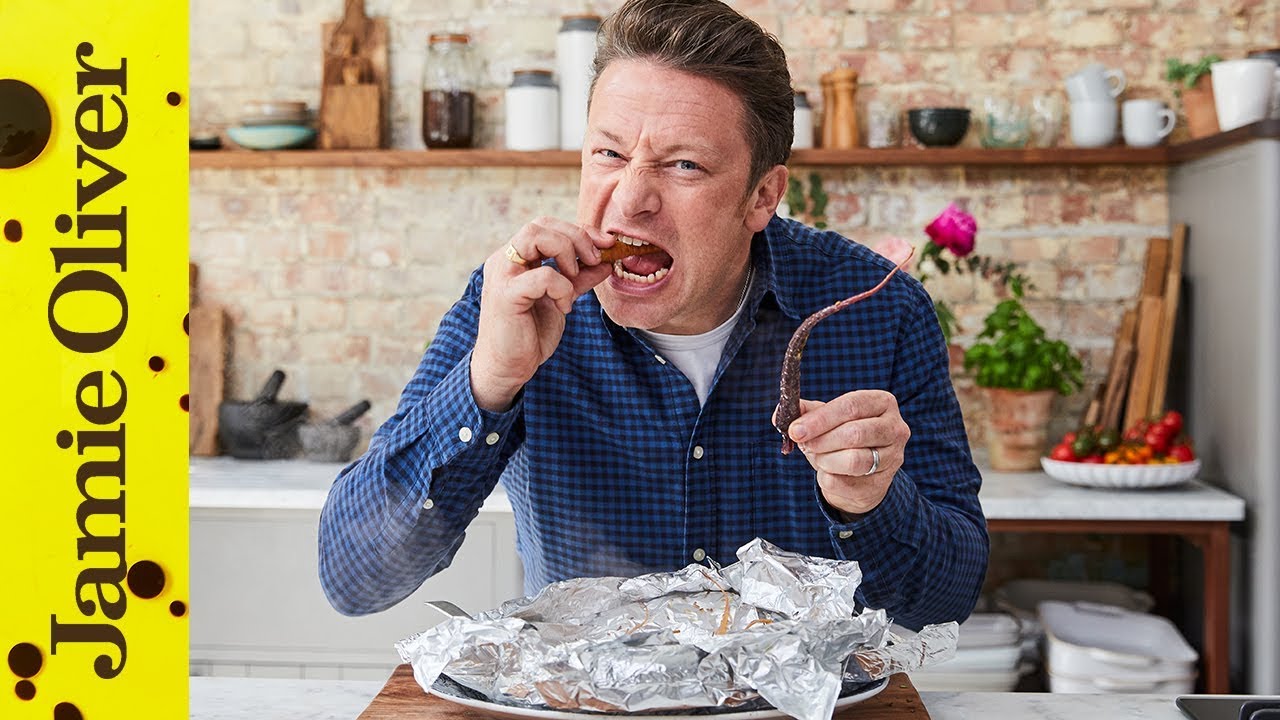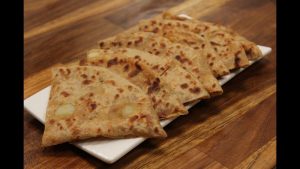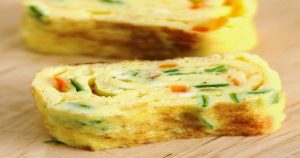A muscle spasm is painful sudden tightening of muscles that occurs during physical activity. You’re more likely to have muscle spasms if your diet is deficient in calcium and potassium or if you’re dehydrated. Magnesium is also important for muscle relaxation. Eating foods that contain these minerals might help reduce the occurrence of muscle spasms. Consult your doctor if you have frequent or severe muscle spasms.
The following are basic five nutrients you should always include in your diet:
Calcium-Rich Foods:
Calcium is essential for muscle and nerve function so that muscles contract and relax properly. Most adults need 1,000 to 1,200 mg of calcium each day. Dairy products such as milk, cheese and yogurt are all high in calcium. Sardines, tofu and calcium-fortified orange juice and breakfast cereals, turnip greens and kale are also good sources of calcium.
Water:
When you’re dehydrated the electrolyte-water balance is disturbed, and that stimulates nerves. The average person loses three to four cups of water per day just through perspiration and urine; it just takes a loss of two percent of your body’s water to become dehydrated.
Foods High in Magnesium:
Magnesium helps your muscles contract and relax.. Women need between 310 and 320 milligrams of magnesium per day, depending on their age, and men need between 400 and 420 milligrams each day. Pregnant woman need between 350 and 400 milligrams every day. Dark leafy green vegetables are the best source of magnesium. Other vegetables, fruits, nuts, seeds, whole grains, legumes and meats are also good sources of magnesium.
Potassium:
This mineral plays an important role in muscle formation and nerve cells and also regulates the electrolyte balance in your body. Potassium-rich foods include dark, leafy greens, white beans, avocados, dried apricots, bananas, baked acorn squash, yogurt, salmon, white mushrooms and baked potatoes (with skin).
Sodium:
This substance helps maintain normal body-fluid balance, nerve impulse generation and muscle contraction. It’s not unusual for an athlete to crave salt after a workout; when the electrolyte balance is disturbed, the body will start pulling nutrients from other sources, such as salt. You can get it naturally by eating certain foods, like celery.




